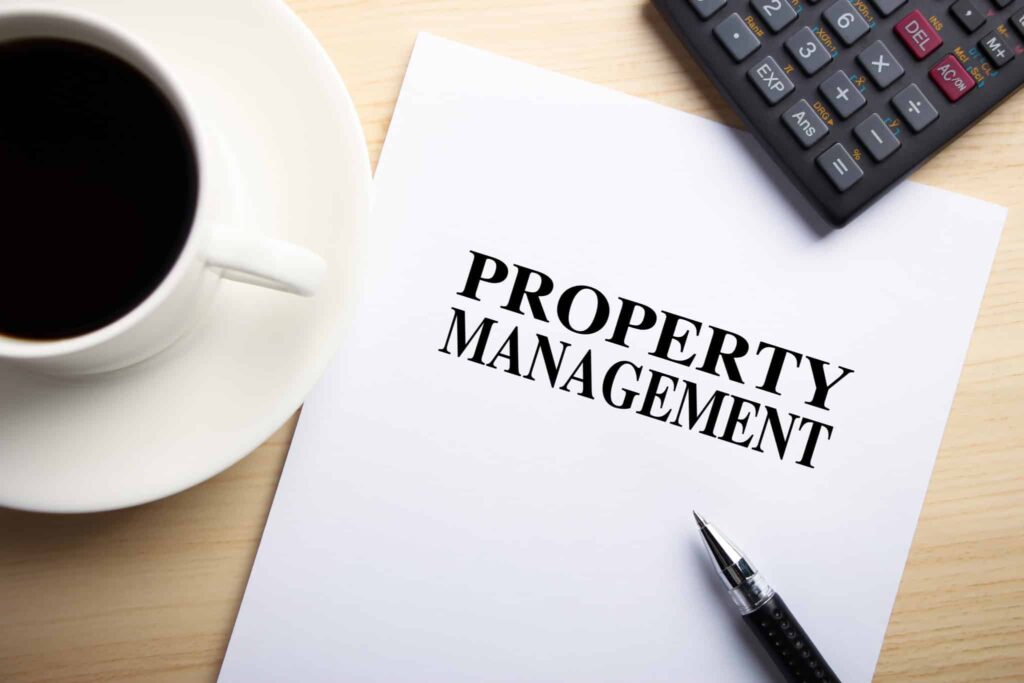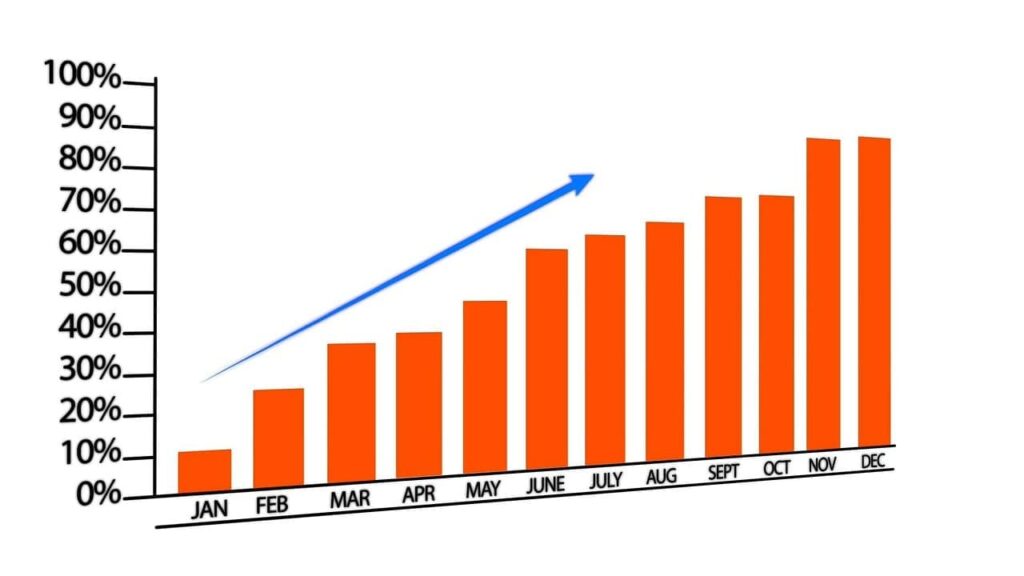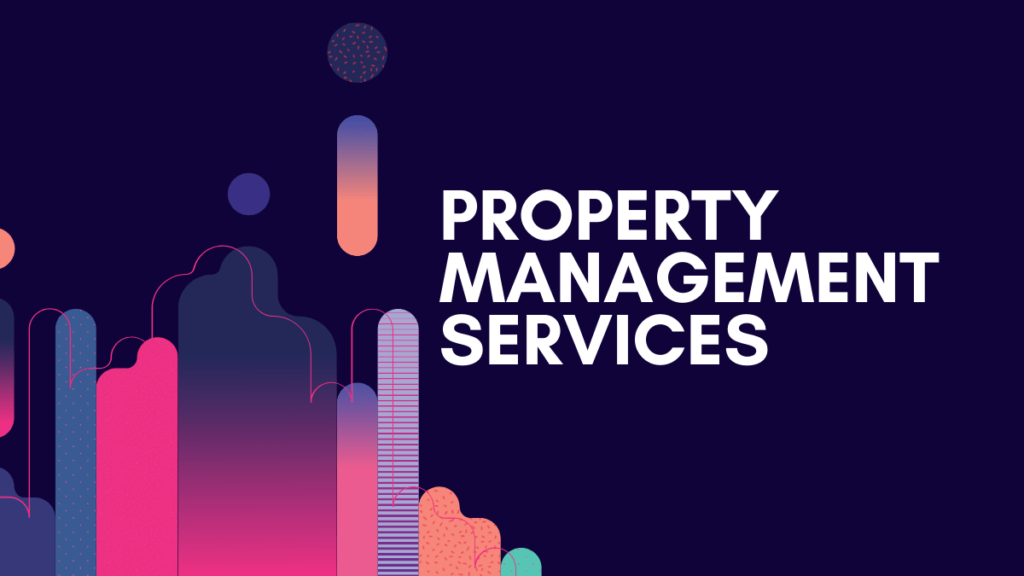Renting out a property can be a great way to earn money, but it can also be confusing. There are many different charges and fees that come with property management. In this guide, we will explain what these charges are and how you can save money.
Whether you are a landlord or a tenant, understanding property manager charges is important for making smart decisions and having a successful rental experience.
What do property managers do
As a property owner, you want to make sure your investment is well taken care of. That’s where a property manager comes in! property manager handle all the daily tasks and decisions to keep your property running smoothly and generating a good income.
Here are some of the key things a property manager does:
1. Helping Tenants: They are the point of contact for tenants, answering questions, dealing with issues, and collecting rent on time.
2. Keeping the Property Clean and Safe: They make sure the property is well-maintained, fix any problems that arise, and keep the yard and common areas clean and tidy.
3. Handling Money: They are responsible for managing the property’s finances, including setting rent rates, collecting rent and paying bills.
4. Staying Up-to-Date on Laws and Rules: They need to know about laws and regulations that affect landlords and tenants, so they can handle things like evictions, disputes, and compliance issues.
5. Marketing the Property: When a property is vacant, they advertise it to attract new tenants, create listings, and host open houses to show off the property’s features.
6. Reducing Risks: They identify potential risks and take steps to mitigate them, such as getting insurance coverage and implementing security measures.
7. Selecting Good Tenants: They screen prospective tenants thoroughly, checking their credit history, rental history, and employment status to find reliable renters who will take good care of the property.
Overall Property Managers help property owners make informed decisions and achieve their financial goals.

How Much Property Manager Charges
Property managers usually take a cut of the monthly rent as their fee, which is typically between 8% to 12% of the total. Depand on the location and services.
To give you an example, if your rental property brings in $1,500 per month, the property management company would collect somewhere between $120 to $180 based on a 10% management fee.
Some property managers prefer to charge a flat rate instead of a percentage. These flat fees tend to range from $100 to $200 per month, especially when dealing with single-family homes.
You May Like: How Many Jobs Are Available in Real Estate Investment Trusts-2024
Types Of Property Manager Charges
There are Five common ways property Manager Charges are structured:
1. Percentage of Monthly Rent
This is the most common method, where the property manager charges a percentage of the monthly rent as their fee. The average range is between 8% and 12% of the monthly rent.
2. Flat Fees
Property managers charge a fixed monthly flat fee, irrespective of rental income, ideal for high-value properties, offering predictability and simplicity, with fees ranging from hundreds to thousands of dollars based on property complexity and size.
3. Leasing Fees
Property managers charge a one-time leasing fee to cover costs like marketing, tenant screening, and lease preparation when securing new tenants.
This fee reflects the effort put into finding and securing tenants, compensating for advertising and background checks. It’s a standard practice to manage tenant turnover efficiently and recoup expenses while providing quality service to property owners.
4. Maintenance And Repair Fees
Property management firms may add a markup fee to maintenance costs, like a 10% charge on service calls, potentially increasing expenses.
Property owners should ensure transparency and fairness in these fees to avoid overcharging and maintain trust in the partnership. Scrutinizing agreements is crucial to ensure pricing practices are equitable and conducive to a mutually beneficial relationship.
5. Vacany Fees
Property management firms often add a vacancy fee to regular charges for empty properties, encouraging managers to minimize vacancies and market vacant units actively.
This fee incentivizes managers to focus on tenant acquisition and retention, benefiting property owners with reduced vacancy periods and higher rental earnings.
The strategy aims to boost occupancy rates and enhance property profitability by prioritizing efficient tenant management.

You May Like: HPS Investment Partners
Other Property Manager Charges to Keep in Mind
While the Property Manager Charges is the largest and most ongoing, there may be other charges associated with property management, such as:
1. Advertising Charge: These cover the cost of advertising your property to attract tenants through various channels like online print ads, signage, and marketing materials.These expenses aim to enhance visibility and generate interest in your rental property, ensuring effective tenant attraction and property exposure.
2. Lease fees: Lease fees cover the costs of preparing rental agreements between landlords and tenants, including administrative tasks like drafting the lease contract and handling legal documentation. These fees ensure the proper execution of the rental agreement, protecting the rights and obligations of both parties.
3. Lease renewal Charge: Lease renewal fees are charged when extending lease agreements, covering administrative and legal processes for formalizing the renewal between landlords and tenants.
4. Eviction fees: Eviction fees cover the costs of the entire eviction process, from serving notices to hiring attorneys and attending court hearings.
These charges ensure that landlords can legally address tenant non-compliance, such as non-payment of rent or property damage, and regain possession of their rental unit
You May Like: Mattress Mack’ Jim Mcingvale Net Worth 2024: From Furniture King to Mattress Millionaire?
Factors Affecting Property Manager Charges
Some of the factors can impact the cost of property management, including:
1. Type of property
Different fees may be charged, such as single-family homes, duplexes, apartment buildings, and vacation homes, may have specific fees that depend on many factors.
These fees reflect the unique requirements of each property type, ensuring proper resources are allocated for effective management. Understanding these fee differences is important for property owners to budget effectively and choose the right rental property.
2. Type of lease
Short-term rentals through online platforms and long-term leases have varying rates based on rental duration and structure, reflecting different demands and risks. Short-term rentals offer higher income potential and flexibility but come with higher expenses,
while long-term leases provide more predictable income and lower expenses with less flexibility.
3. Property size
The size of a rental property significantly impacts maintenance fees, with larger buildings typically incurring higher costs due to the need for more resources and effort to maintain and manage them effectively.
This means property owners or managers of bigger buildings charge higher maintenance fees to cover the increased expenses for services and amenities.
4. Location Of The Property
The location of a rental property greatly affects the fees, especially in pricey cities or exclusive vacation spots, leading to higher costs due to the premium linked to managing properties in high-demand areas with top-notch living standards.
This means more spending on maintenance, marketing, and services to meet tenant needs, ensuring the property is well-kept, attractively marketed, and efficiently managed to boost the owner’s investment returns.

5. Market rental rates
Property management fees are often tied to the average rent in an area, with managers typically charging a percentage that mirrors local market rates.
Higher average rents can lead to higher management fees, reflecting the greater income potential and property value in the region.
6. Services offered
Property managers’ fees are determined by the services they offer, with comprehensive tasks like maintenance coordination and tenant screening leading to higher fees, while basic services result in lower charges.
Understanding the service level and corresponding fees helps property owners choose the right manager for their needs.

You May Like: How Does Solitaire Cash Work | Exploring Step By Step
Benefits of Hiring a Property Management Company
If you are Hiring a property management company they offers many benefits like expertise in tenant screening, lease agreements, and rent collection, ensuring reliable income, and minimizing vacancies. Property managers handle maintenance, repairs, and market trends to set competitive rental rates and optimize revenue.
They navigate legal complexities, ensuring compliance and mitigating risks, freeing owners to focus on other endeavors while enjoying the financial benefits of property ownership.
How to Choose the Right Property Management Company
Selecting the right property management company is crucial for your investment’s success. Research thoroughly, considering fees, services, and client reviews to make an informed decision. Compare companies and ask questions to find the best fit for your needs.
Trust your instincts and choose a company that makes you feel confident and comfortable. In this heading, we will explain to you how to choose a good Property Management Company.
Define Your Needs
Before searching for a property management company, define your needs based on property type, size, location, and desired level of involvement in managing your properties.
This step ensures alignment with a company that meets your specific requirements and expectations.
Research and Shortlist
To find the right property management company, start by compiling a list using online searches, referrals from other property owners, and recommendations from local real estate associations.
Focus on companies with experience managing properties similar to yours and a strong reputation in the industry.When evaluating potential partners, review their track record, client testimonials, and the services they offer to ensure they meet your specific need.
Conduct interviews and ask for references to further assess their professionalism, reliability, and commitment to excellence.
Ultimately, choose a property management company that demonstrates expertise, excellent communication, and the ability to maximize your investment while minimizing hassle. With careful research and selection, you can find the perfect partner to help your properties thrive.
Check Credentials
Before selecting a property management company, verify that they are properly licensed to operate in your area. Inquire about their professional affiliations, certifications, and any awards or recognition they have received.
Confirm their commitment to upholding industry standards and ethical guidelines. Choose a company with strong credentials, ensuring a reliable partnership for the effective management of your properties.

Fee Structure
When selecting a property management company, understand their fee structure to ensure it fits your budget and needs.
Be cautious of extremely low fees, which may signal compromised services or hidden costs. Scrutinize the breakdown of charges for transparency and fairness in pricing.
Prioritize quality and value over cheap rates to protect your property and investment returns, selecting a partner with a balance of affordability and excellent service delivery.
Services Offered
When selecting a Property Management Company, assess the services they offer, such as marketing, tenant screening, rent collection, maintenance, financial reporting, and eviction handling.
Choose a company with strong operational systems to enhance your investment’s potential. Prioritize firms that provide comprehensive property management solutions, ensuring professionalism and efficiency across all areas.
Select a partner that covers all landlord-tenant relations effectively to streamline your investment management.
Experience and Track Record
When assessing property management companies, consider their experience and track record, including how long they’ve been in the industry and their success in managing properties like yours.
Ask for references from current and old customers to gauge satisfaction levels and service quality. Look for testimonials showcasing their problem-solving skills and positive outcomes.
Prioritize companies with a strong history of excellence and client satisfaction for a reliable partnership in managing your properties.
Communication and Responsiveness
When choosing a property management company, pick one that communicates well and responds promptly to your needs.
Look for firms with clear ways to reach them and solve problems quickly. Choose a company that values open communication to help your investment succeed.
Legal Compliance
When selecting a property management company, ensure they comply with all relevant laws and regulations, including fair housing laws, landlord-tenant laws, and local rental ordinances.
Thoroughly review their practices to confirm adherence to legal requirements, mitigating potential risks and liabilities. Prioritize firms with a strong commitment to legal compliance, safeguarding both your interests and those of your tenants.
Verify the company’s knowledge and implementation of regulations to foster a lawful and harmonious property management environment.
Look for firms that prioritize compliance as a core value, ensuring smooth operations and protecting all stakeholders. By choosing a legally compliant property manager, you can have peace of mind knowing your properties are managed responsibly and in accordance with the law.
Conclusion.
In conclusion, property management fees are a crucial consideration for property owners. By understanding the fee structure and services offered, you can make an informed decision and find a management company that aligns with your needs and budget. Effective property management can significantly impact your investment’s success, so it’s essential to choose a partner that provides value for your money.
Frequently Asked Questions
1. What percentage do most property managers take?
Ans. Most property managers typically charge between 8% to 12% of the monthly rent collected, with some offering full-service management for a higher percentage and others providing a la carte services for a lower fee.
2. how much do property managers charge for vacation rentals?
Ans. Property managers typically charge between 10% to 50% of the monthly rental income for vacation rentals, with the industry average falling around 25% to 30%
3. How much do property management companies charge in Texas?
Ans. Property management companies in Texas typically charge between Eight Percent to Twelve Percent of the monthly rental income for their services, with variations based on factors like property type and location.
4. How to calculate management fees?
Ans. To calculate management fees, multiply the management fee percentage by the assets under management (AUM) to determine the fee amount.
5. Is a 1% management fee high?
Ans. A 1% management fee is considered high by many investors, as it can significantly impact long-term investment growth, with some arguing that it’s a massive fee that could result in a substantial loss of potential earnings over time.
6. How much do property managers charge for airbnb?
Ans. Property managers for Airbnb typically charge between 20% to 40% of the rental income, with rates varying from 5% to 50%.
7. how much do short term property managers charge?
Ans. Short-term rental property managers typically charge between 15% to 50% of the monthly rental income, with the industry average around 25% to 30%.
8. how much do property managers charge in hawaii?
Ans. Property management fees in Hawaii typically range from 25% to 35% of the gross monthly rent, with some companies charging a flat 10% fee on successfully collected rent.
9. How much do property managers charge in Florida?
Ans. Property managers in Florida typically charge between 8% to 12% of the monthly rent collected, with some offering full-service management for a higher percentage and others providing a la carte services for a lower fees.
10. By law does a property management company take over electricity service when renter vacates?
Ans. By law, some property management companies automatically transfer electricity service back to the owner’s name when a renter vacates the property, ensuring continuous service without the need for manual requests


